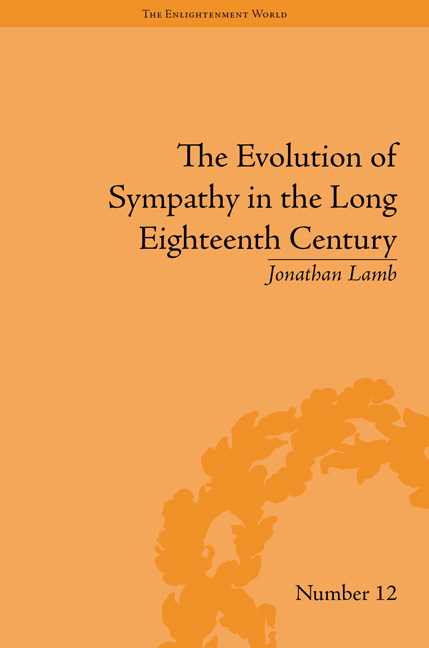1 - Passion and Power
Summary
For what is passion, but a wild beast.
Of all philosophers of the passions, Spinoza most clearly sets out the difference between action and its counterpart passion, between doing something and having something done to one, between possessing power and being possessed by it. He says, ‘We act when something takes place within us or outside of us whose adequate cause we are’. He goes on, ‘Insofar as the mind has adequate ideas, thus far it necessarily acts, and insofar as it has inadequate ideas, thus far it is necessarily passive’. Action includes knowledge of our own power, while passion involves ignorance of the true nature of an event in which we are implicated. Human creatures subject to passion seek an explanation that will always be imperfect, usually by means of an anthropomorphic projection, a personified agent such as fate, a god or a devil that consolidates the multitude of factors hidden from them in any other recognizable form. These projections fail entirely to grasp the externality of the force that moves the passionate person.
The essence of passion cannot be explained merely through our essence … the power of passion cannot be defined by the power with which we endeavour to persist in our being … it must necessarily be defined by the power of some external cause compared with our own.
So passion is the effect on us of an impression made by a force operating from outside. Passion is the symptom of an involuntary state of affairs that Spinoza defines as follows: ‘Weakness consists in this alone, that man allows himself to be led by things which are outside him, and is determined by them to do those things which the common constitution of external things demands’. A lot is going on here. If there is an extrinsic power which operates through material things to create a state of mind and feeling in individuals whose nature and origin they cannot understand, then it makes a mess of the conceptual basis of empiricism, which relies on the sense-impressions of things for knowledge of the real world and of our place in it.
- Type
- Chapter
- Information
- The Evolution of Sympathy in the Long Eighteenth Century , pp. 13 - 40Publisher: Pickering & ChattoFirst published in: 2014



